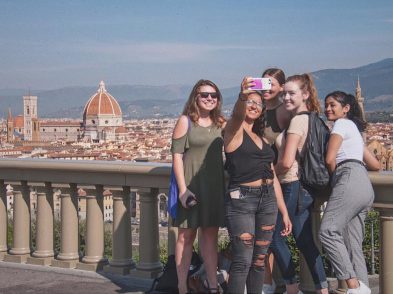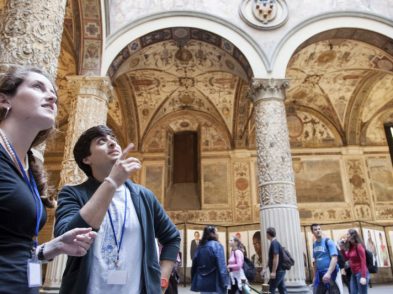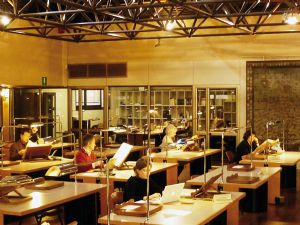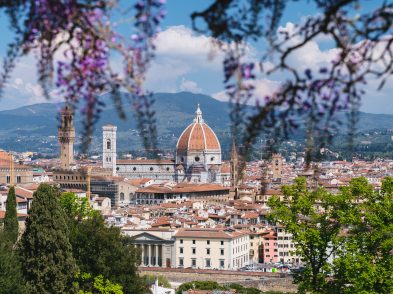The Medici sent gifts to friends, agents, diplomats and rulers all over
Europe, and the objects they sent were highly coveted. Sometimes too highly
coveted. In a letter thanking his Medici employers for gifts to his wife, an
Italian engineer temporarily working at the German court writes: My wife thanks you very humbly for the
lovely presents that you deigned to send her, though Her Highness the Electress
of Saxony found them so much to her liking that she took a large number of
them… Often even more highly prized than objects was the delicious produce
from sunny Tuscany packed off to the Medici’s frostbitten Habsburg in-laws. In
one letter we read of how the Empress Maria, wife of Maximilian II von
Habsburg, was unable to resist the lure of fresh citrus fruit: The lemons arrived in excellent condition,
however they were so pleasing to Her Majesty the Empress, who was there when
they arrived, that she took away so many of them that only a few were left for
the Emperor… Maximilian, however, apparently learned to keep his gifts to
himself, the edible ones at least, because we learn in another letter that in a
gift basket from Florence all the jams,
pastries, and other foods…so delighted His Majesty that he would entrust them
to no one, but he himself locked them up and kept the key…
But if it was complicated holding onto gifts sent by the Medici,
selecting presents to give the wealthy rulers of Tuscany was an even more
intricate matter. What to give to the family that truly had everything? Very
often when friends, supporters or social inferiors wanted to give the grand duke
or grand duchess a present that would please and delight, they sent wild game,
fish or fruit from their country estates. The thoughtfulness of rare fruit out
of season would be appreciated, as one noblewoman writes to the Grand Duchess
Giovanna d’Austria: I am sending Your
Highness four plums that during these cold times we are having are the first
that we have had this year… The quality and rarity, rather than the
quantity of the fruit, made this gift precious.
On the other hand, sometimes the very lowliness of the gift can make a
special statement of its own. The prior of Santa Maria Novella, for instance,
writes to Cosimo I on the occasion of his son Francesco’s marriage: I am giving Your Illustriousness and the
Prince my lords these few capers, grown in the garden of Santa Maria Novella, a
gift unworthy of your greatnesses, but appropriate to my low station… The
capers were probably first-rate, of course, but it is the giver’s groveling
acknowledgment of his lowliness that invests the gift with more worth.
Powerful rulers might exchange gifts of racing horses, sculptures or
holy relics. Often on a more practical note, medical remedies, balms and,
especially, antidotes for poison made thoughtful gifts, as when in 1561
Francesco I de’ Medici writes to Count Cesare Gonzaga, taking this occasion to send you that oil that counteracts poison.
But even the great made small gestures to one another, as when the Duke of
Urbino sent his old friend Cosimo de’ Medici some snacks, writing I remembered having heard how much you
enjoyed the marzolino cheeses from Pesaro…since now is the best season for
those cheeses, along with this letter I am sending you a hundred of them.
If this sounds slightly ridiculous to our ears, it must have been slightly odd
at the time as well, for the duke adds the following postscript to the letter: Do not mock my gift Your Excellency, but
accept it with my best intentions.
Which only goes to prove that even in the sixteenth century, gift giving
was a tricky business.







